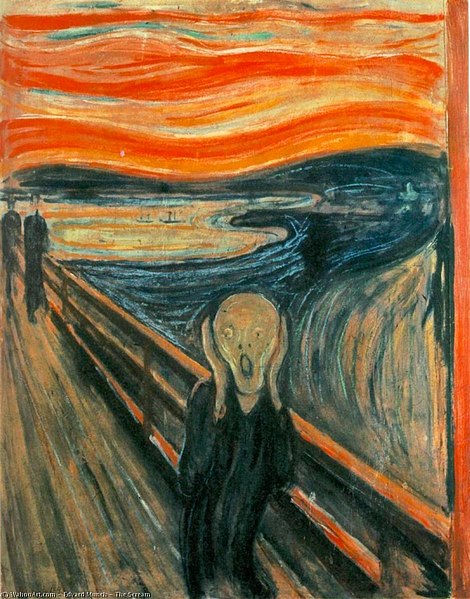
Let me first share that I’m not a therapist. I’m the business manager for the shared suite of our mental health treatment collective Durham Psychotherapy Associates. I do not want to represent myself as a licensed professional in this field, because I most definitely am not.
But as someone with panic disorder, I do have a personal perspective to share on that condition.
I was up for a promotion with a previous employer that would have entailed expanded responsibilities. Management was aware that I have panic disorder.
And I do, and I keep it in check through use of paced breathing and daily medication. Though this was never expressly stated, my takeaway from interactions with the manager responsible for granting the promotion was that my panic disorder would act as a possible disqualifying factor.
No, it didn’t matter that I’d never had a panic attack at work. I was asked to justify how I could handle the promotion despite my “anxiety.”
Fortunately, I knew just how to explain that panic disorder did not make me unfit for the promotion. I explained that I had had a serious physical injury as a teenager that left my body prone to go into fight or flight mode when it experienced what to most people was mild physical shock – specifically low temperatures and elevated CO2 levels in my blood. I knew how to control this using breathing exercises and was taking medication to address the condition as well, which is why I’d never had an issue at work and rarely had any issue with it at all thanks to therapy treatment.
What really helped him understand was my characterizing the disorder as a predominately physical one for me, despite the name. “Panic” disorder conjures images of me cowering in the corner shouting that we’re all going to die because I’m having a stressful day. I encouraged him to learn more about the condition to get past the “poor marketing” inherent in the term “panic disorder.”
I got the promotion and successfully served in the position for several years. It pleased me that he understood.
And I wish more people understood what panic disorder is and what it isn’t for different people. But that’s hard to do when such a suggestive term as “panic” is right there in the name. It unnecessarily stigmatizes those who have it.
And this can of course be said of mental illness in general.

